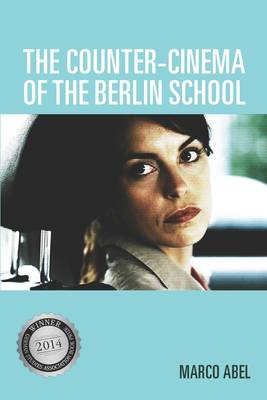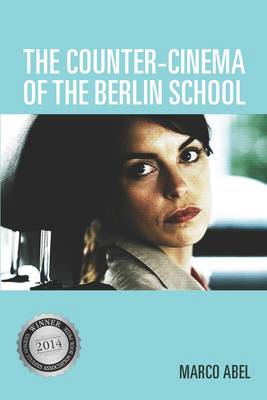
- Afhalen na 1 uur in een winkel met voorraad
- Gratis thuislevering in België vanaf € 30
- Ruim aanbod met 7 miljoen producten
- Afhalen na 1 uur in een winkel met voorraad
- Gratis thuislevering in België vanaf € 30
- Ruim aanbod met 7 miljoen producten
Zoeken
Omschrijving
The contemporary German directors collectively known as the "Berlin School" constitute the most significant filmmaking movement to come out of Germany since the New German Cinema of the 1970s, not least because their films mark the emergence of a new film language. The Berlin School filmmakers, including Christian Petzold, Thomas Arslan, Angela Schanelec, Christoph Hochhausler, Ulrich Kohler, Benjamin Heisenberg, Maren Ade, and Valeska Grisebach, are reminiscent of the directors of the New German Autorenkino and of French cinema des auteurs of the 1960s. This is the first book-length study of the Berlin School in any language. Its central thesis - that the movement should be regarded as a "counter-cinema" - is built around the unusual style of realism employed in its films, a realism that presents images of a Germany that does not yet exist. Abel concludes that it is precisely how these films' images and sounds work that renders them political: they are political not because they are message-driven films but because they are made politically, thus performing a "redistribution of the sensible" - a direct artistic intervention in the way politics partitions ways of doing and making, saying and seeing. MARCO ABEL is Professor of English and Film Studies at the University of Nebraska, Lincoln.
Specificaties
Betrokkenen
- Auteur(s):
- Uitgeverij:
Inhoud
- Aantal bladzijden:
- 360
- Taal:
- Engels
- Reeks:
- Reeksnummer:
- nr. 9
Eigenschappen
- Productcode (EAN):
- 9781571139412
- Verschijningsdatum:
- 15/07/2015
- Uitvoering:
- Paperback
- Formaat:
- Trade paperback (VS)
- Afmetingen:
- 152 mm x 229 mm
- Gewicht:
- 530 g

Alleen bij Standaard Boekhandel
+ 129 punten op je klantenkaart van Standaard Boekhandel
Beoordelingen
We publiceren alleen reviews die voldoen aan de voorwaarden voor reviews. Bekijk onze voorwaarden voor reviews.








